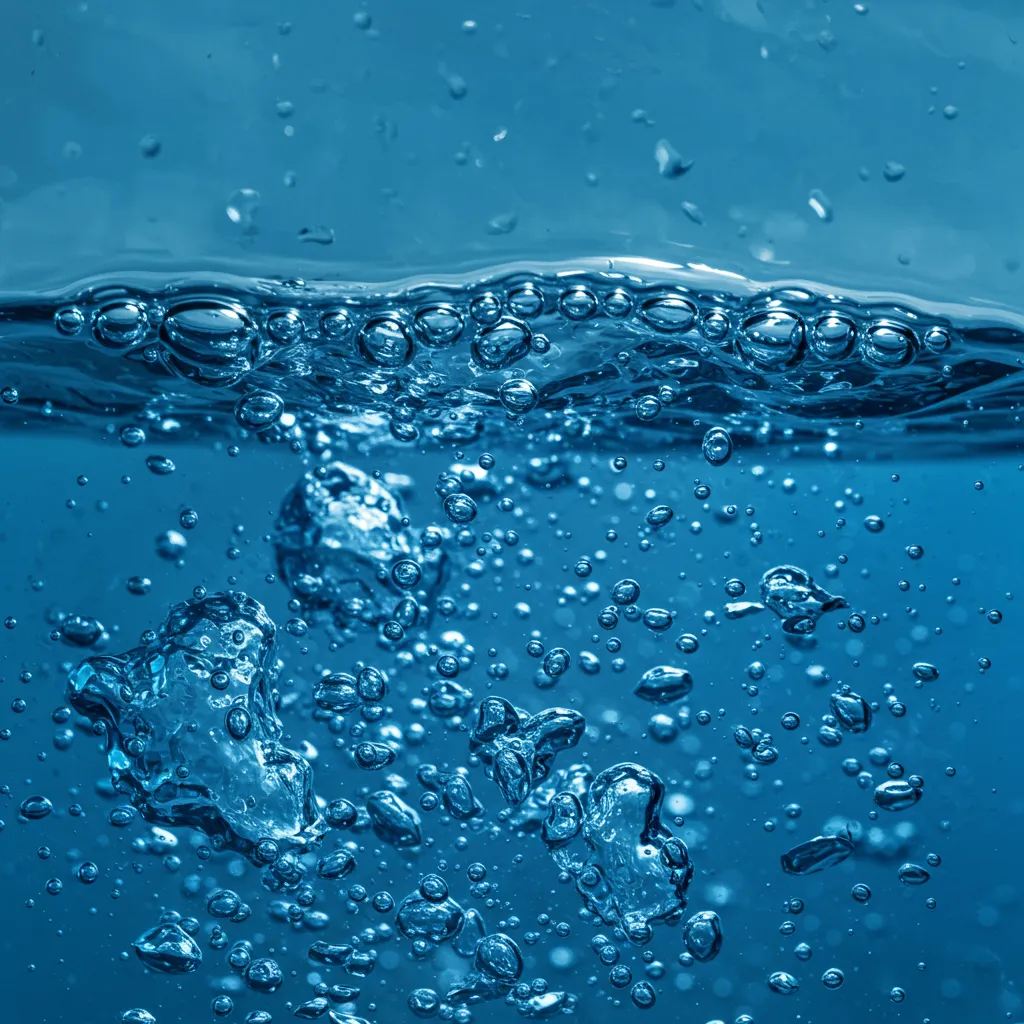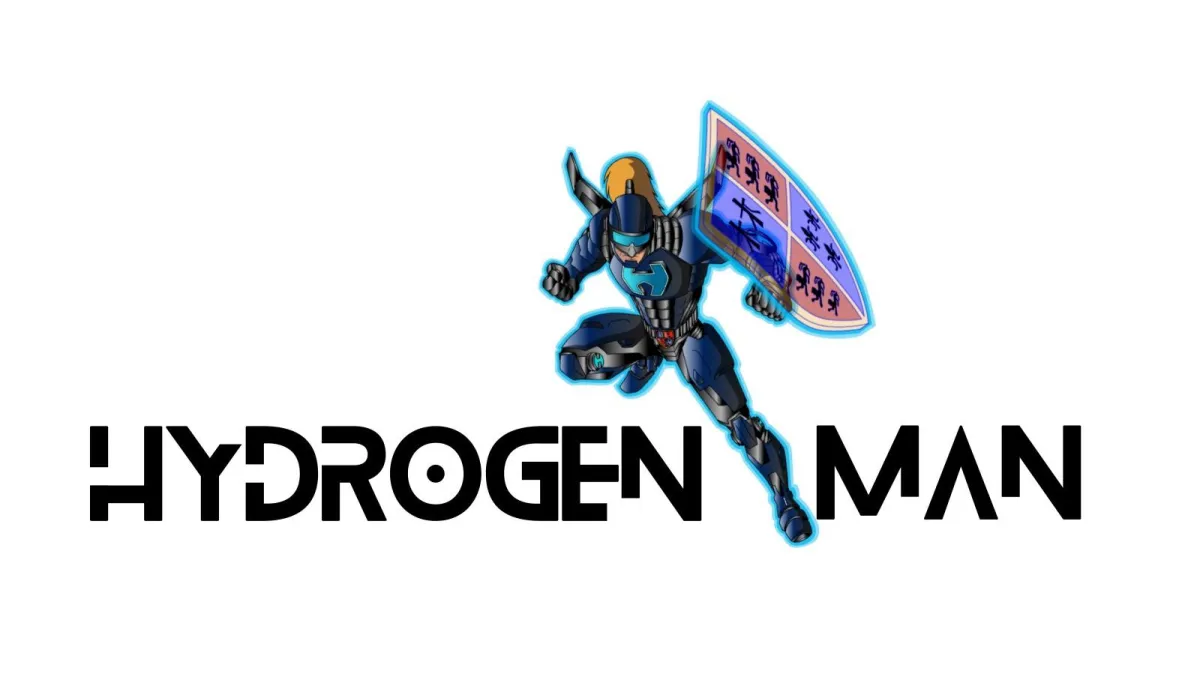The Science Behind Hydrogen Water and Its Health Advantages
Hydrogen Bath Therapy Shows Promise in Combating Oxidative Stress and Inflammation
A recent study conducted in Japan reveals that hydrogen-water (HW) baths may significantly boost antioxidant levels and reduce inflammation, offering potential health benefits for both healthy individuals and patients with autoimmune or collagen-related diseases.
The research evaluated the effects of HW baths on antioxidant activity—specifically oxygen radical absorption—and the inflammatory marker C-reactive protein (CRP). Using a specialized bath system that produces nano-sized hydrogen bubbles (around 110 nanometers) and dissolves up to 682 µg/L of hydrogen through a 120-minute electrolysis process, researchers observed a marked improvement in participants’ health markers.
In healthy volunteers, a 10-minute soak in HW raised antioxidant capacity by over 10% after two hours, a benefit not seen with normal 40°C water. Additionally, CRP levels—a key indicator of inflammation—dropped by nearly 30% after an HW bath, whereas they slightly increased following a regular bath.
Even more striking results were reported among patients with inflammatory and autoimmune conditions. Those with connective tissue diseases experienced a reduction in CRP levels by up to 97% after using HW baths consistently for 9 days to 4 months. In another group of autoimmune patients, daily HW baths over periods ranging from 2 to 25 months reduced CRP from an average of 5.31 mg/dL to just 0.24 mg/dL, bringing inflammation within the normal range and visibly easing symptoms in some cases.
The findings suggest that regular HW bathing, enriched with nano-hydrogen bubbles, may offer a natural way to support the body’s antioxidant defenses and manage chronic inflammation. The study was officially approved by the Committee of Ethics at the Japanese Center of Anti-Aging Medical Sciences and recognized by the Hiroshima Prefecture Government.
Source:
Yoshiharu Tanaka, Li Xiao, Nobuhiko Miwa'Division of Biology, Faculty of Liberal Arts and Sciences, and Division of Quantum Radiation, Faculty of Technology, Osaka Prefecture University, Osaka, Japan;Department of Pharmacology, School of Life Dentistry at Tokyo, The Nippon Dental University, Tokyo, Japan;"Incorporated Association Institute for Hydrogen Medicine, Hyogo; Faculty of Life Sciences, Prefectural University of Hiroshima, Hiroshima, Japan.


Hydrogen-Rich Water Reduces Premenstrual Symptoms
A recent randomized controlled trial explored the effects of hydrogen-rich water on women suffering from premenstrual syndrome. Premenstrual syndrome involves a range of physical and emotional symptoms that can negatively impact daily life. In the study, participants were divided into two groups: one group consumed 1500 to 2000 milliliters of hydrogen-rich water each day, while the other group drank regular water. This was done from the 16th day of their menstrual cycle to the second day of the following cycle, over the course of three cycles.
The findings revealed that the women who drank hydrogen-rich water experienced a significant reduction in the severity of premenstrual symptoms compared to those in the control group. They also showed notable improvements in their physical health and psychological well-being. These results suggest that hydrogen-rich water may be a safe and natural option for managing premenstrual symptoms and improving overall quality of life.
Source:
Menekşe Nazlı Aker', İlknur M Gönenç', Dilan Çalişici', Menekşe Bulut, Duried Alwazeer, Tyler W LeBaron'Nursing Faculty, Ankara University, Ankara, Turkey;Department of Food Engineering, Iğdır University, 76000, Iğdır, Turkey; Department of Nutrition and Dietetics, Faculty of Health Sciences, Iğdır University, 76000, Iğdır, Turkey;'Research Center for Redox Applications in Foods (RCRAF), Igdir University, 76000, Igdir, Turkey;Department of Nutrition and Dietetics, Faculty of Health Science, Igdir University, 76000, Igdır, Turkey.
Assessment of Heat Retention in Humans After Bathing with Hydrogen-Rich Water Using Thermography

Hydrogen-rich water bath devices are available commercially, but their effects on heat retention have not been thoroughly studied. This research evaluated the heat-retention effects of hydrogen-rich water baths through thermographic clinical trials involving 24 healthy participants. The thermographic images showed that, under identical conditions (41 °C, 10-minute bath), hydrogen-rich water produced greater heat retention than regular water in several areas of the body. These effects were particularly noticeable in the abdomen, upper legs, arms, hands, and feet at both 30 and 60 minutes post-bath, while minimal heat retention was observed in the head, armpits, and lower legs.
To further investigate the effect on circulation, the study also examined fingertip capillary thickness in the hands. Results showed a greater expansion in capillary thickness following the hydrogen-rich water bath compared to the normal water bath, suggesting a hydrogen-induced enhancement of blood circulation beyond just heat retention.
Although a weak to moderate correlation was observed between heat retention and body composition factors—such as subcutaneous fat, total body fat, BMI, and an inverse relationship with skeletal muscle—these associations did not significantly differ from those seen with normal water. There was little correlation with basal metabolic rate.
In conclusion, hydrogen-rich water baths demonstrated superior heat-retention benefits compared to regular water, particularly in areas like the abdomen, limbs, and hands. These effects are likely linked to improved blood flow, making hydrogen-rich bathing potentially beneficial for a broad range of individuals regardless of body type.
Source:
Shinya Kato, Yuki Takada, Nobuhiko MiwaRadioisotope Facilities for Medical Science, Mie University, Edobashi 2-174, Tsu, Mie, 514-8507, Japan.
Incorporated Association Institute for Hydrogen Medicine, Minatojima-Minami 1-6-4, ChuOh-ku, Kobe, Hyogo, 650-0047, Japan;Incorporated Association Institute for Hydrogen Medicine, Minatojima- Minami 1-6-4, ChuOh-ku, Kobe, Hyogo, 650-0047, Japan; Prefectural University of Hiroshima, Nanatsuka 5562, Shobara, Hiroshima, 727-0023, Japan.
Clinical Study on the Effects of Hydrogen Water in Treating Acute Radiation-Induced Oral Mucositis in 110 Patients
Hydrogen-rich water was evaluated for its effectiveness in treating acute radiation-induced oral mucositis in 110 patients with nasopharyngeal carcinoma. The patients were randomly divided into two groups: one received hydrogen-rich water, while the other was given normal saline throughout their radiotherapy. Clinical assessments were conducted at the second, fourth, and sixth weeks, focusing on oral symptoms, mucosal reactions, swallowing function, and pain levels. Results showed that those treated with hydrogen-rich water experienced significantly milder mucosal reactions, improved swallowing function, and reduced oral pain—particularly noticeable at weeks four and six—compared to the control group. These findings indicate that hydrogen-rich water may help ease radiation-related oral complications and improve patient comfort during treatment.
Source:
XU Changchun, LI Yanfei, LIU Chengjun, LIU Shufeng Laoshan Branch of No.401 hospital of Chinese PLA, Qingdao 266101, China


FOLLOW US
COMPANY
CUSTOMER CARE
LEGAL
Copyright 2025. Lancaster Hotel, Mandaluyong City, Metro Manila . All Rights Reserved.